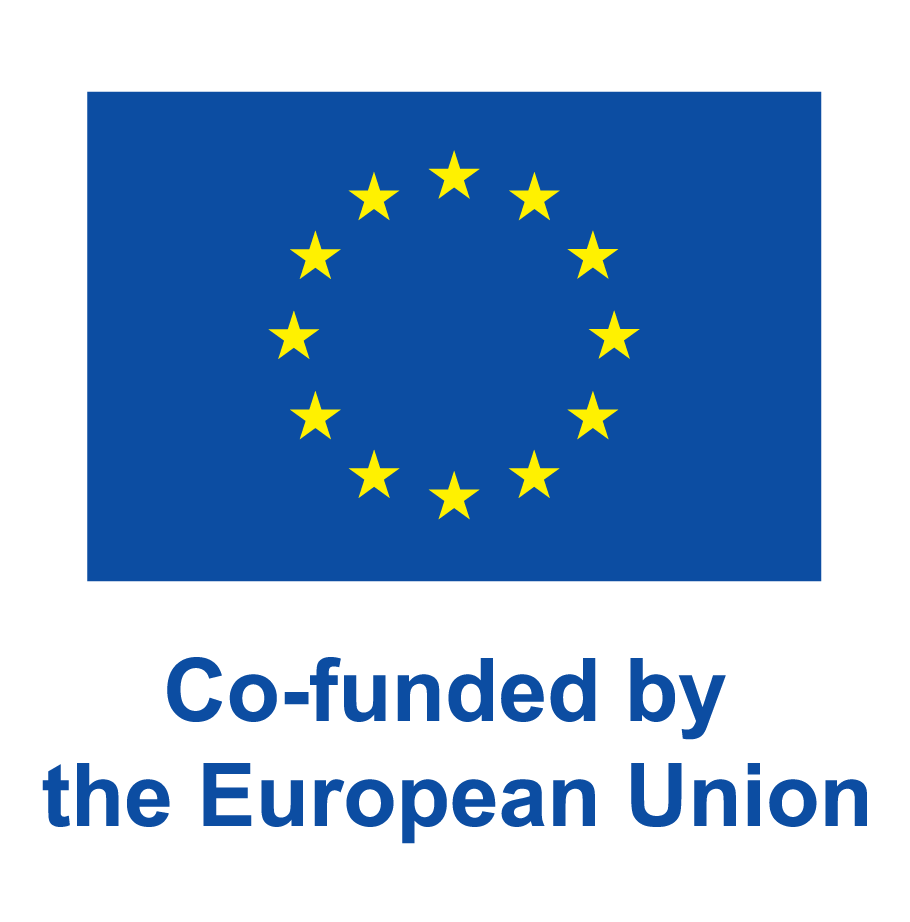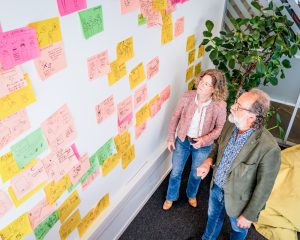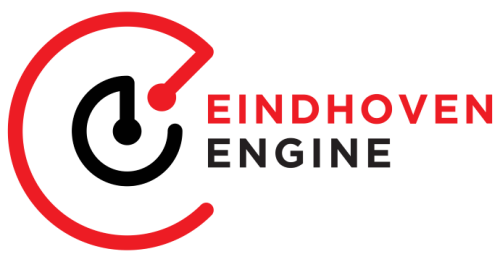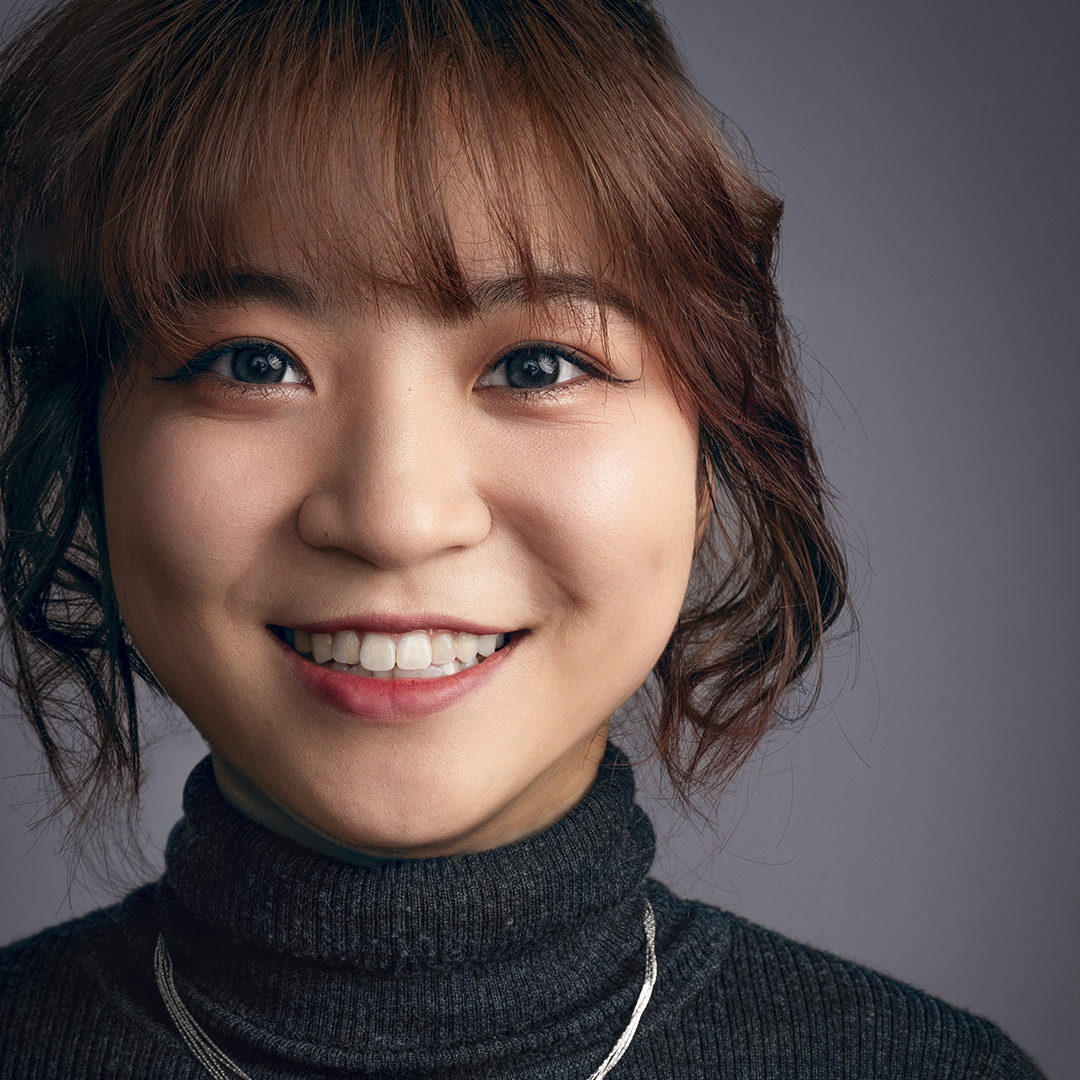
Mijke the Matchbot: Bridging gaps with AI
Hi, I’m Sichen, and I am currently pursuing an Engineering Doctorate (EngD) at Eindhoven Engine. With a background in Industrial Design and a strong focus on user experience (UX) and interaction design, I completed my master’s at Eindhoven University of Technology.
I now work within the focus area Inclusive Society, exploring how AI can bridge the gap between individuals with low literacy and the support systems around them. Our solution? Mijke, the Matchbot.
Breaking barriers with AI
My EngD project focuses on the development of Mijke from the Met Mij project, a conversational AI chatbot designed to support NT1 (Dutch as a first language) adults with limited basic skills in accessing local services. Hosted on WhatsApp and powered by a large language model, Mijke offers both voice and text interaction—reducing the barriers many users face with written communication.
The project explores five core challenges:
1. Clarity in communication
Ensuring the chatbot communicates clearly.
2. Emotional connection
Providing a supportive and empathetic interaction.
3. User-friendly design
Making the chatbot intuitive and user-friendly.
4. Multi-modal accessibility
Offering multiple modes of interaction.
5. Precision in support
Connecting users with the right help efficiently.
For more information about Mijke and the Met Mij project.
Addressing information inequality
Millions of people in the Netherlands struggle with basic literacy, numeracy, and digital skills. Mijke shows a possibility of solving this information inequality by offering a friendly experience tailored to the real-world needs of often overlooked people via Artificial Intelligence (AI). This work stands at the crossroads of technology, social equity, and public service innovation, showing how AI can be used responsibly in human-centered design.
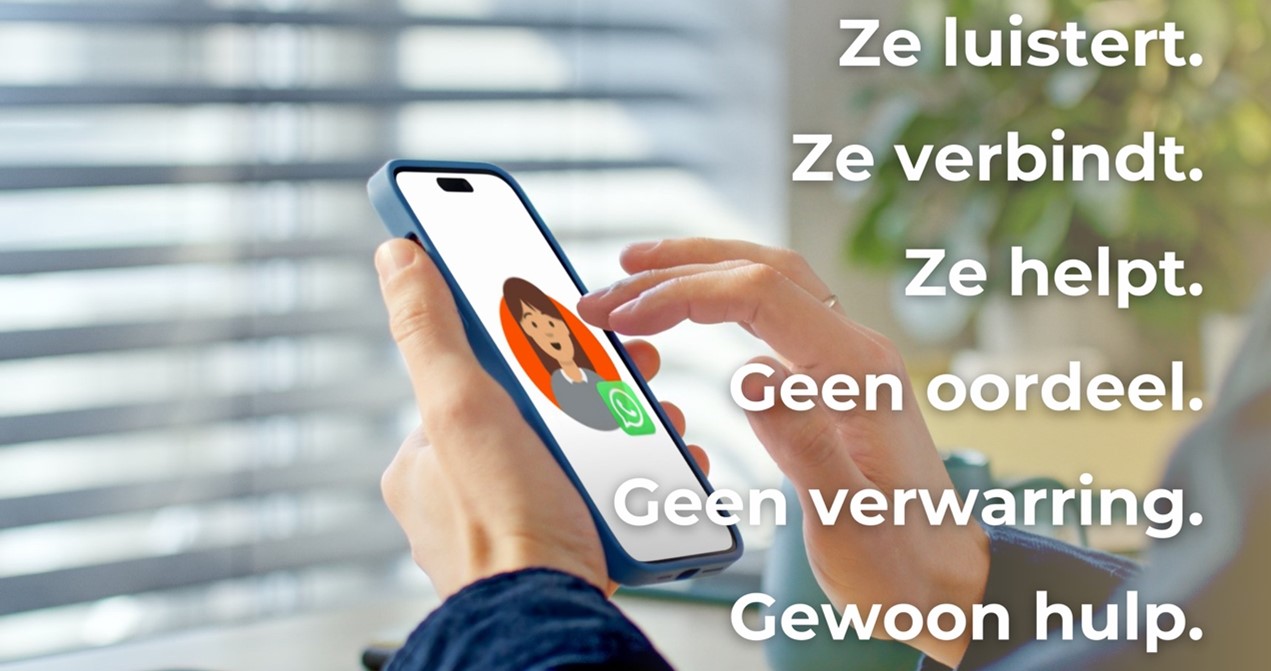
Empowering communities
I aim to help people with limited basic skills access support more easily and confidently. By doing so, I hope to decrease the workload of stakeholders, such as social workers, employees from municipalities, or public service staff. Additionally, I want to set a benchmark for evaluating AI recommendations in social public service contexts and contribute new knowledge and tools to the fields of human-computer interaction (HCI), accessibility, and digital inclusion.
This work stands at the crossroads of technology, social equity, and public service innovation, showing how AI can be used responsibly in human-centered design.
Using the design thinking approach, the trainees will tackle issues presented by industrial partners and devise with creative concepts. Throughout the challenge, they will also delve into several key areas, such as understanding wicked problems (addressing complex issues that are difficult to define and have no clear solution), DISC Profile (understanding different personality types to enhance team dynamics and communication), and presentation skills (learning how to effectively convey ideas and solutions to diverse audiences), .
Would you like to know more or are you considering submitting a case next year? Then please contact us
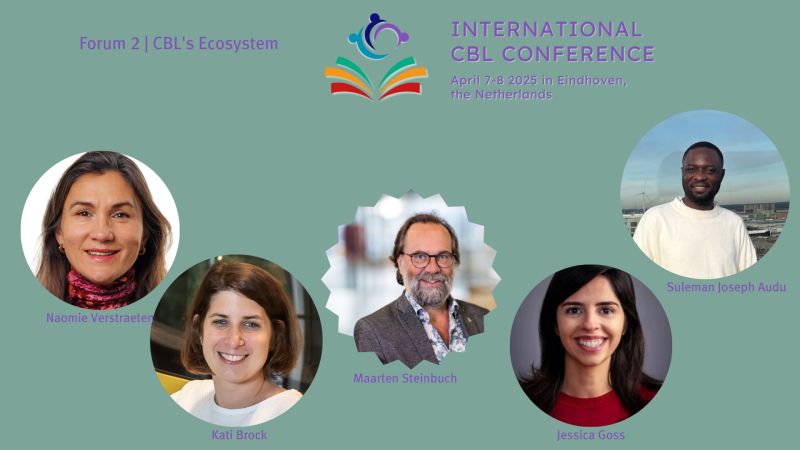
Following the success of the Dutch CBL Conference in 2023, the organization is thrilled to bring together educators, researchers, practitioners, industry leaders, and community stakeholders from around the world.
We are especially proud to feature our esteemed colleagues in Forum 2: Exploring CBL’s Ecosystem:
- Jessica Goss (Designer & Researcher, Eindhoven Engine), an expert in human-centered design and social innovation, will share her insights on tackling literacy challenges with AI-driven solutions for a more inclusive society.
- The session will be moderated by our scientific director, Maarten Steinbuch, ensuring a dynamic and insightful conversation.
New interns
Eindhoven Engine welcomed a vibrant group of new interns in 2025. Get to know them from left to right. Additionally, four bachelor students from TU/e have started. Over the coming months, they will focus on the climate-adaptive region, working one day a week.
We wish them good luck! We hope the interns gain valuable experience and bring fresh insights to the various programs at Eindhoven Engine. Everyone can make impact on society!
- Cathelijne Brantjes | Human & Technology, 4th year, Avans University of Applied Sciences | Inclusive Society
Research on making blended care more understandable at general practitioners’ offices for people aged 18-40 with reduced digital skills.
- Hilde Schram | Strategic Communication, HBO Master, Fontys University of Applied Science | Communication
Eindhoven Engine focuses on the complex challenges our society faces. Addressing these challenges requires a specific approach. Hilde is researching how this approach can be tackled through strategic communication.
- Levi Deerenberg | Business Innovation, 4th year, Avans University of Applied Sciences | Livable Region
Develop a concept that reduces energy consumption at the residential towers Luna & Aurora on the TU/e-campus by actively influencing the behavior of the residents.
- Ivory Johan | Business Innovation, 4th year, Avans University of Applied Sciences | Livable Region
Develop an innovative concept to increase the engagement and participation of students and staff on the TU/e campus around sustainability, by connecting them with sustainable innovations in an inspiring way.
- David Rozenberg | HBO-ICT (Software) , 4th year, Fontys University of Applied Science | Inclusive Society
Preparing the MetMij chatbot for deployment and real-world use. MetMij easily directs people with low basic skills to appropriate support agencies.
- Santiago Triginer | Industrial Engineering, 3rd year, Eindhoven University of Technology | Livable Region
Identifying challenges and solutions for solar panel reuse, and exploring how AI can enhance recycling processes.
- Mare Gijsbers | Business Innovation, 4th year, Avans University of Applied science | Inclusive Society
Develop a methodology to effectively and accessibly introduce the ‘Met Mij’ app to users with low literacy, enabling them to quickly and easily receive support to participate fully in society.
- Rosalie Hendriks | Business Innovation, 4th year, Avans University of Applied Sciences | Inclusive Society
Develop a new concept for people with low basic skills between the ages of 18 and 40 in the Eindhoven region, in such a way that these people can independently ensure the security of their financial situation.
The Career Expo is specially tailored for all TU/e students. However, if you are a non-TU/e student it is possible to walk around over the expo and have a talk with all the companies.
During the expo, students will have the possibility to introduce their selves to over 180 companies eager to answer questions and talk about their potential place in that field of study or business. Students will be able to orient their selves and develop their career like never before.
Are you interested information?
Are you interested in Mijke the Matchbot or you would like to receive more information about?
Please leave your contact details via the contact button.
Mijke app further explained
Women in Science Week at TU/e | Meet-up event
Highlights
- Opening session: by Silvia Lenaerts – Rector Magnificus of TU/e & Ella Hueting – Director of Fontys Engineering
- Keynote: by Tila Pronk – Associate Professor of Social Psychology at Tilburg University
- Marina van Damme Grant Award: Presentation of the prestigious €9,000 grant to a talented female TU/e alumna
- Speed-dating session: A great chance to meet and engage with women from diverse scientific backgrounds
- Moderator: Cindy de Koning – Press Officer at TU/e
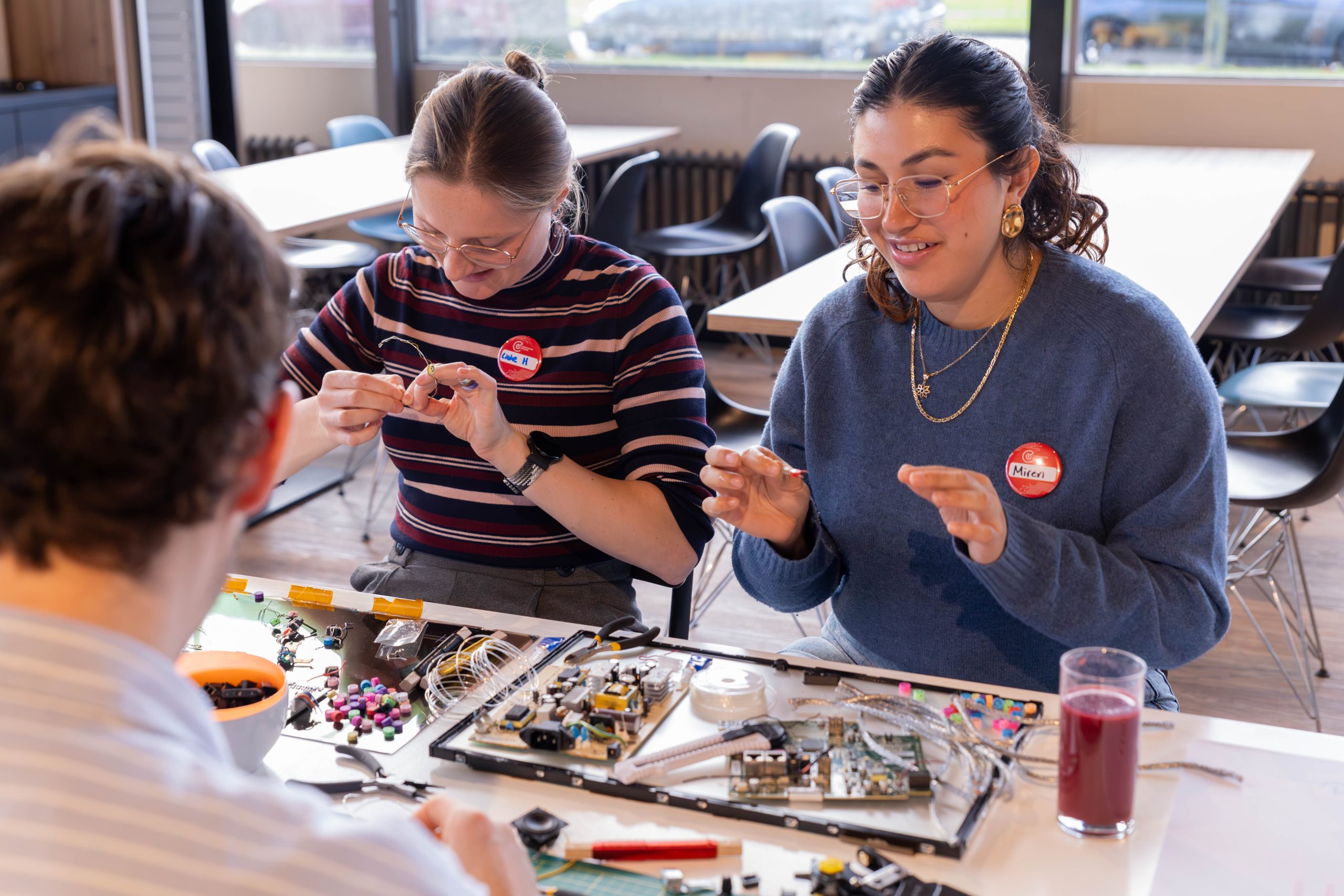
Why join?
- Networking: This event is a fantastic opportunity to meet and connect with over 50 inspiring female scientists.
- Experience Sharing: It is a perfect chance to expand your network, share experiences, and engage with female role models from various fields.
For whom?
- This meet-up event is open to everyone who feels connected to the theme of women in science and diversity, regardless of gender, background, or role.
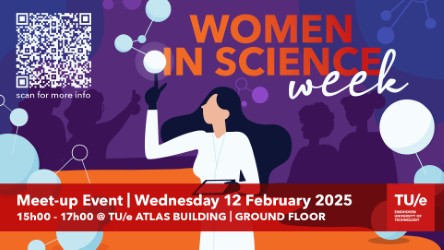
Full program & sign up
- Don’t miss out!
- Check out the full program & Sign up now!
- Women in Science Week | Meet-up event
Organizers
- Eindhoven University of Technology, co-organized by Fontys Engineering and WISE Network
Feel most welcome to join us – don’t forget to sign up!
Media: Innovation accelerator Eindhoven Engine enters new phase
Technology with a clear social purpose an starting with the problem.
As a society, we face numerous challenges. At Eindhoven Engine, a collaborative program between companies, knowledge institutions, social organizations and citizens in the Brainport region, work has been going on for years on innovations to address these problems. Now the program is breaking new ground.
Source: Eindhoven University of Technology
Media: Technologie met een duidelijk maatschappelijk doel:
[Dutch]
Innovatieversneller Eindhoven Engine gaat nieuwe fase in
Als maatschappij staan we voor talloze uitdagingen. Bij Eindhoven Engine, een samenwerkingsprogramma tussen bedrijven, kennisinstellingen, maatschappelijke organisaties en burgers in de Brainportregio, wordt er al jaren gewerkt aan innovaties om deze problemen het hoofd te bieden. Nu slaat het programma een nieuwe weg in.
Source: Innovation Origins
Science, industry and government seek solution to grid congestion via large-scale living lab on TU/e campus
In the search for solutions to the current grid congestion problem, science, industry, and government are joining forces, killing two birds with one stone.
With the OPZuid project GENIUS, TU/e wants to tackle grid congestion together with companies, municipalities, and the province and, at the same time, set up a sustainable testing ground for relevant future innovations. The starting signal is to commission a battery pack in the size of no less than a sea container for the storage of electrical energy on Monday, 18 November.
The GENIUS battery is essential to a smart control platform that aligns different industrial users, energy sources, and storage systems to prevent energy peaks. The lithium iron phosphate battery contains no cobalt or nickel and acts as energy storage and a control tool. It can coordinate and optimize complex data, allowing it to advise on and anticipate the energy needs of the more than forty faculty and business buildings on the TU/e campus, on which approximately fifteen thousand people depend daily. The energy hub is connected to the public energy grid, allowing energy to be fed back into the grid or shared with users in the local area.
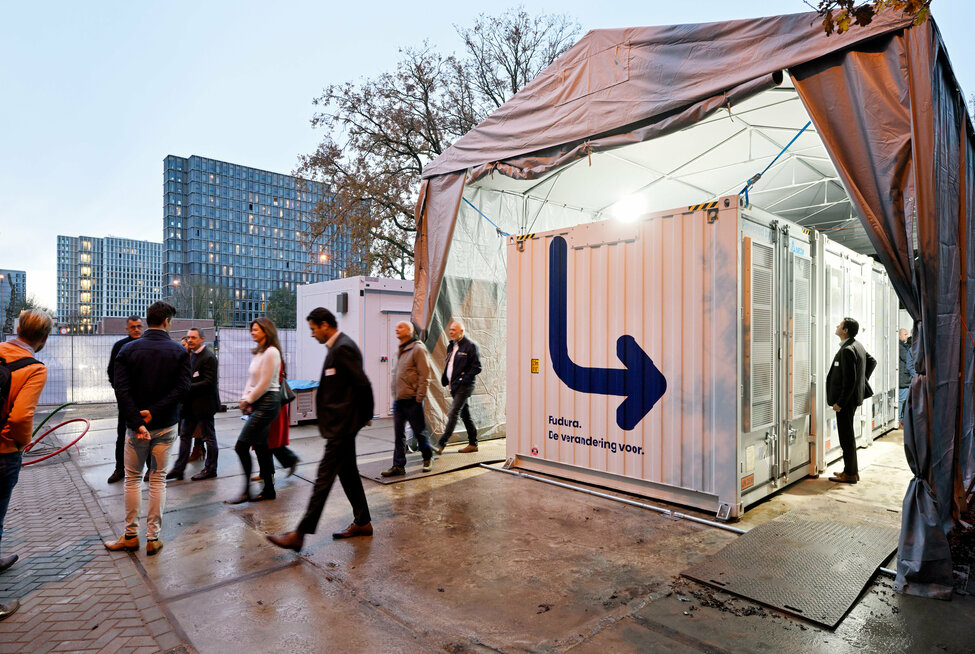
Spreading the morning and evening rush hour
This battery pack ensures that TU/e no longer causes any exceedances on the contracted capacity and balances the energy consumption better. Simply put, the congestion problem on the energy grid is solved by spreading the morning and evening rush hours. This offers room for further sustainability and expansion of the campus within the current contracted capacity. Think, for example, of heat pumps in combination with Heat and Cold Storage and the arrival of a new clean room.
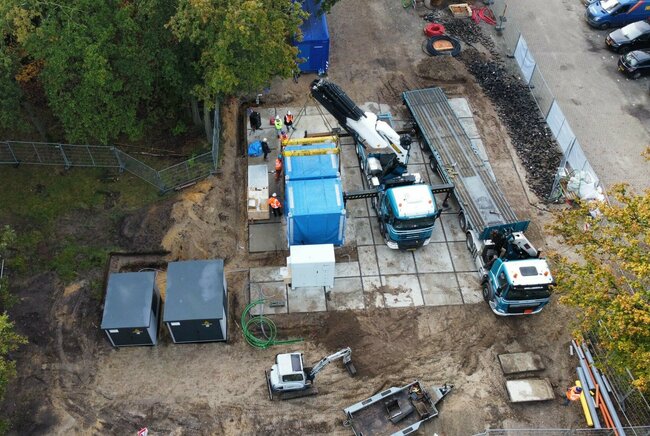
The package easily pays for itself thanks to smart charging and discharging and peak shaving (energy storage when there is little demand and deployment during peak periods). For TU/e, it provides an estimated 20% extra space on its energy grid and capacity because less has to be purchased at unfavorable times (during ‘rush hour’), which lowers the total costs.
This is also beneficial for the grid load in general because TU/e ‘gets out of traffic jams’ at such peak times. More gains can be made in (among other things) the areas of (minimal) CO2 emissions, balancing grid congestion at regional and national levels (TU/e can consume more energy without increasing its connection, leaving capacity for the local area), energy security, peak reduction or the prevention of exceedances on the energy connection.
Blueprint for Dutch industry and grid operators
The system approach not only alleviates the energy needs of the (growing) TU/e campus and distributes them more efficiently but should also ultimately provide a blueprint for Dutch industry and grid operators to tackle grid congestion efficiently. Initially, for the approximately 3500 industrial estates in the Netherlands, mainly in the south of the Netherlands, where grid congestion is slowing down the energy transition and hindering economic growth. That blueprint could then be on the market in four years. This makes OPZuid GENIUS (Grid Efficiency Network Integration for Universal Sustainability) a strategic project with interest from society as a whole, in which open innovation predominates.
In fact, the project functions as a micro-society on campus, providing valuable knowledge about user behavior and how it is influenced and changed by insight into energy use patterns in the long term. This behavioral knowledge is crucial to developing strategies that drive effective behavioral change and promote energy efficiency.
Consortium around OPZuid GENIUS
TU/e President of the Executive Board Robert-Jan Smits: “I am tremendously proud of this project because it brings together a lot of what we stand for as TU/e. With this we are working on sustainability, on solving the grid congestion that all of the entrepreneurial Netherlands is facing, and we are doing this – as a true 4th generation university – in collaboration with a wide range of partners in the region, focused on social impact.”
Mark Cox, Senior Program Manager Energy TU/e: “The GENIUS battery, in combination with intelligent software, can store energy when demand is low so that we can use it during peak times. Thanks to AI, other users, both on campus and in the local area, will not notice this. On the contrary, everyone can benefit from it. When the new Energy Act comes into effect next year, adjacent power grids can be connected. The cleverness of our system approach should then ensure that everyone is always supplied with energy without crossing borders.”
When the new Energy Act comes into effect next year, adjacent power grids can be connected. The cleverness of our system approach should then ensure that everyone is always supplied with energy without crossing borders.
Tom Selten, founder of Simpl.Energy: “With our software, we control the battery, charging stations, and solar panels so that TU/e always remains within the connection. In addition, we optimize the purchase of electricity, thereby minimizing energy costs. And as icing on the cake, with our platform, TU/e has one place where they can see whether all systems are working properly and how much is being earned and saved.”
Daan Pelders, business developer Fudura: “At Fudura, we are proud to be able to participate in this innovative process. We are supplying one of the largest batteries in the Brainport area and integrating it into TU/e’s private grid. We have been TU/e’s partner in energy infrastructure and metering services for many years, and we are grateful for the trust we have received to carry out this project.”
The consortium around OPZuid GENIUS consists of the following parties: TU/e department Real Estate, EIRES, EAISI, Fudura, RIFT, Simpl.Energy, Voltgoed, VBOptimum, ZEnMo, Cube Charging, Enerzien, Eindhoven Engine and Woonbedrijf. An active and connected support group includes the province and municipality, as well as the regional grid operator Enexis. This project was co-financed by the European Union through the award of an OPZuid grant.


